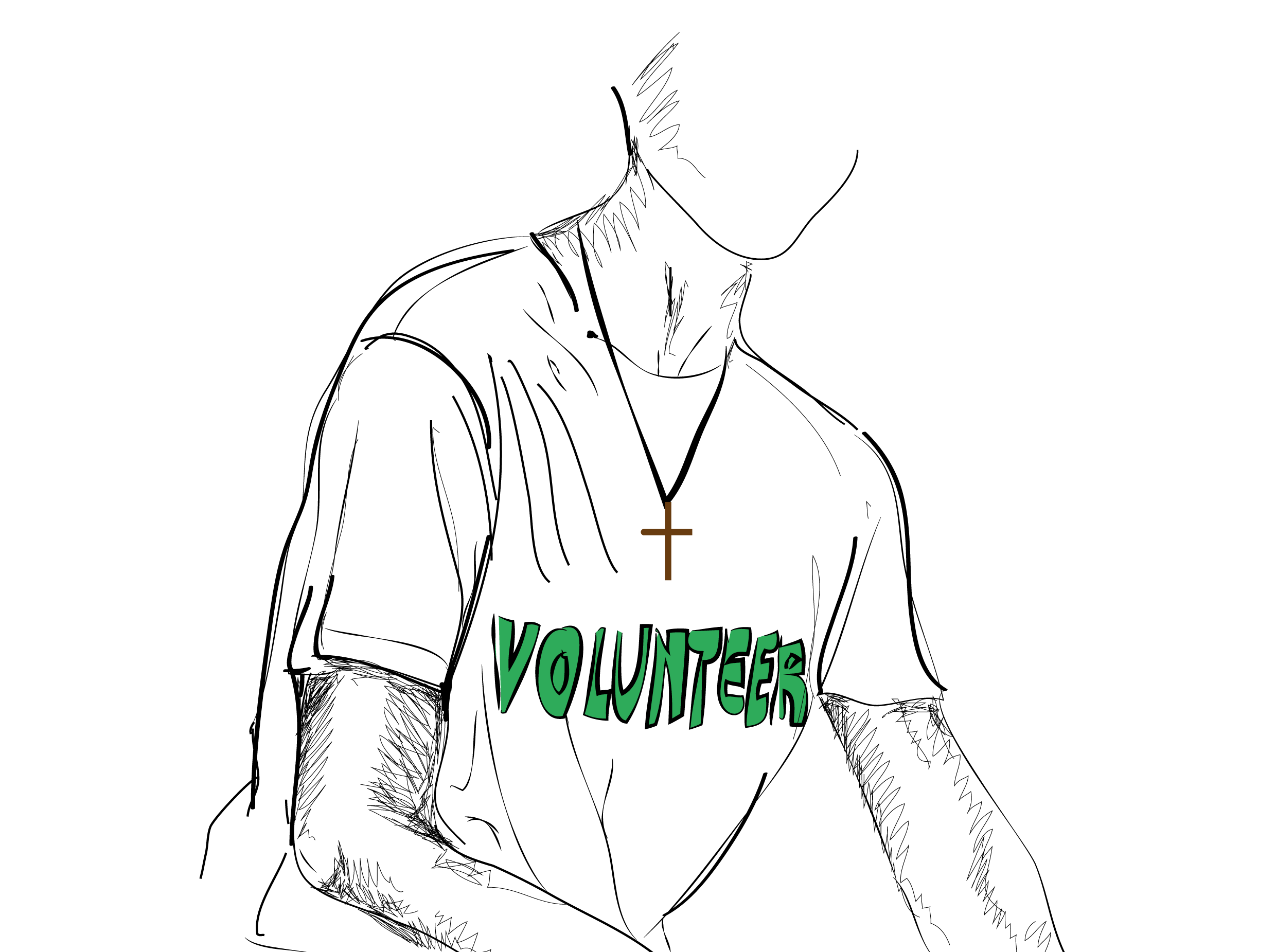A Montreal church is getting a lot of attention for offering to help struggling students
Mark Twain once called Montreal the city of a hundred steeples, but not every church has a steeple—they’re expensive.
Take the church I attend as an example. Église du Plateau Mont-Royal is a small, francophone Protestant church that meets in the Plateau-Mont-Royal neighbourhood. The church-goers don’t meet in a church building because it doesn’t own one, which is common for new churches with small congregations. In fact, Église du Plateau Mont-Royal doesn’t own a building for the same reason I don’t own a house—real estate is expensive.
In early September the church started renting the auditorium at Jeanne-Mance High School for Sunday gatherings because the previous rental space was being filled to capacity.
You may think this all sounds benign, whether you consider yourself religious or not, so why are we talking about this? A recent story by Radio-Canada and later CBC has thrust my little church into the spotlight—even politicians are talking about it—but why?
Because Jeanne-Mance High School is a school with needs—needs compounded by austerity measures—and Église du Plateau Mont-Royal is big on community service.
From what I understand, the decision to rent space at Jeanne-Mance was motivated by a desire to serve the disadvantaged. The school is ranked third worst in Quebec, according to the Fraser Institute, and has a course failure rate of 49.9 per cent.
The problem is not that the church wanted to help by offering tutors (many congregants are university students) or volunteers to keep the library open when the librarian was laid off. No, the problem seems to be that a church wanted to help.
The Radio-Canada report also got a few facts wrong. The article says members of the church are already tutoring and volunteering in the library. We’re not, because we haven’t been trained by the school yet or agreed to the terms that would likely be imposed on any volunteers.
The majority of those who commented on the article seem convinced that the plan was to put on Jesus t-shirts and hand out copies of the Bible with students’ library books.
That’s ridiculous.
Regardless of what you may have seen on T.V., that’s not Église du Plateau Mont-Royal—and that’s not me. I get it though, I’m a native Montrealer and I know the history of religion in Quebec. People just aren’t comfortable with religion in schools since the Quiet Revolution—for good, valid reasons—and I think the de-confessionalization of school boards was a good thing.
I know what it means to live in a pluralistic society. I know that in Canada, and Quebec especially, my worldview is not the dominant one. Because of this I try to live out my faith humbly, answering questions instead of offering answers.
I have a question of my own: if my church didn’t meet in Jeanne-Mance’s auditorium and I wanted to volunteer my services as an ESL teacher, would I be allowed? I’m a Christian and sometimes I talk about that fact. If someone asked me why I volunteer anywhere I’d mention something about Jesus’ command to love my neighbour.
Église du Plateau Mont-Royal isn’t planning to put on t-shirts and proselytize kids. We saw a need and asked if we could help. I’m a one service-minded individual among many at the church and yes, that service mindedness springs from my faith but that doesn’t change the nature of my service.
If all this media coverage means Église du Plateau Mont-Royal is strictly forbidden from mentioning our faith while volunteering, that’s fine, I just want to help. If the school gets much needed funds out of this, even better.
But my motivation for helping will always stay the same.
